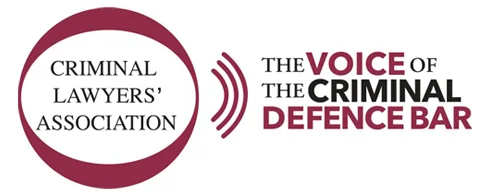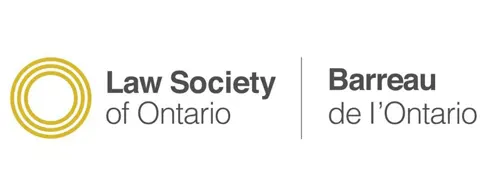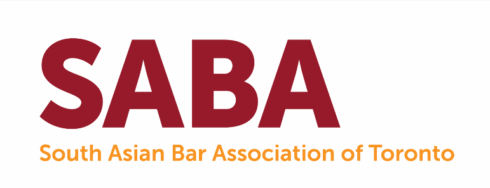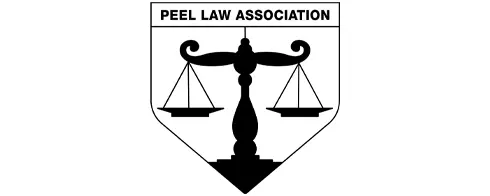Bail in Canada: Freedom or Risk?
When individuals are charged with a crime, one of the first considerations is whether they will be granted bail. Bail is a legal mechanism that allows accused individuals to remain free while awaiting trial, but it comes with its own set of rules and considerations. In this article, we’ll explore how bail works in Canada, the factors influencing bail decisions, and the importance of legal representation in the bail process.
What is Bail?
Bail is essentially a promise to the court that the accused will appear for their scheduled court dates. It can involve the payment of money or other conditions set by the court. The idea is to balance the presumption of innocence with the need to ensure that the accused does not pose a flight risk or a danger to the community.
How is Bail Determined?
1. Factors Considered by the Court
When deciding whether to grant bail, judges consider several factors:
- Nature of the Offense: Serious charges, such as violent crimes, often lead to higher bail amounts or denial of bail.
- Criminal History: A history of previous offenses or failure to appear in court can negatively impact the bail decision.
- Community Ties: Strong ties to the community, such as employment or family connections, can work in favor of the accused.
2. Types of Bail
There are several types of bail, including:
- Recognizance: The accused is released without having to pay money upfront, under the promise to appear in court.
- Surety: A third party agrees to pay a specified amount if the accused fails to appear.
- Cash Bail: The accused pays a set amount in cash to secure their release.
Conditions of Bail
When granted bail, the accused may have to comply with specific conditions, such as:
- Reporting to a police station regularly.
- Avoiding contact with certain individuals.
- Abstaining from drugs or alcohol.
Violating these conditions can result in re-arrest and additional legal consequences.
What Happens if Bail is Denied?
If a judge denies bail, the accused will remain in custody until trial. This can be a daunting prospect, especially for first-time offenders. In some cases, individuals can appeal the decision or seek a bail review in higher courts.
The Role of a Lawyer in the Bail Process
Navigating the bail process can be complex. This is where hiring an experienced criminal defense lawyer becomes critical. A lawyer can help:
- Prepare a Strong Bail Application: They will present evidence and arguments to support the case for bail.
- Negotiate Terms: A lawyer can advocate for more favorable bail conditions, helping to ensure that the accused can remain free while awaiting trial.
- Advocate in Court: If bail is denied, a lawyer can assist in appealing the decision.
If you or a loved one is facing charges and needs help with the bail process, Manbir Nirwal and Nirwal Law are here for you. With experience across Ontario, including Brampton, our team is dedicated to helping you navigate the legal landscape.
Conclusion
Bail is a crucial aspect of the criminal justice system in Canada, allowing accused individuals to maintain their freedom while awaiting trial. Understanding the factors that influence bail decisions and the importance of legal representation can make a significant difference in the outcome of a case. If you find yourself in need of assistance, reach out to a qualified criminal defense lawyer to guide you through the process.








